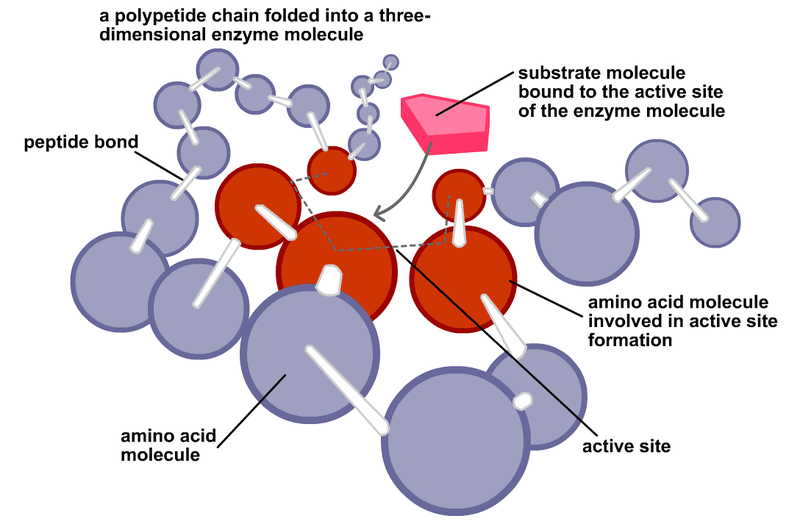
I want to call your attention to an extremely interesting — and provocatively titled — article in the November 2017 issue of First Things, written by a software engineer in the San Francisco Bay area by the name of William A. Wilson:
“The Myth of Scientific Objectivity”
Here’s a lengthy teaser quotation from it:
According to the popular understanding, science is simply the comparing and ordering of sense data originating from experiment or from the observation of natural phenomena. If we are lucky, patterns or other forms of order emerge from these data. Scientists can then build theories that describe and abstract these regularities, and perhaps even use them to make predictions about as-yet-unobserved phenomena. Finally, these theories are put to the test by new observations and discarded if they contradict the best available new data. This is a process of induction, whereby simple, raw observations are grouped together in such a way that the law that connects them becomes evident. The higher-level relations and associations are grouped in turn, such that the meta-law which underlies them all comes into focus, and so on higher and higher up the chain of abstraction, toward theories ever more rarefied and powerful. Yet in principle, even the most complex theory does nothing more than tie together a vast number of simple observations, each of which is pure, objective, and incontestable.
A crucial feature of this story, and the source of a great deal of its attraction, is the freedom it offers from the oppressive legacies of ideology, privilege, and prejudice that taint every human institution. If science is nothing more than the cataloging and systematization of information directly accessible to our senses, then it could be a source of knowledge that is objective, neutral, and accepted by all. Moreover, if each step of this process is solely determined by the data — that is, if at no point does a theorist have a free choice between alternative interpretations or generalizations — then we can be sure that no lingering taint in the scientist’s mind will impress itself upon the completed theory. The scientist is like an automaton, albeit a clever and subtle one, transforming inputs into outputs, discovering rather than inventing, performing a mechanical rather than an artistic task. . . .
The trouble is that this idealized view is wrong.
I recommend the entire essay. It will, I know, cause heartburn in at least one of my regular readers/commenters, who can seemingly neither distinguish between science and scientism nor understand that one can admire and accept the former while disliking and rejecting the latter. But that’s a price that I’m willing to live with.











